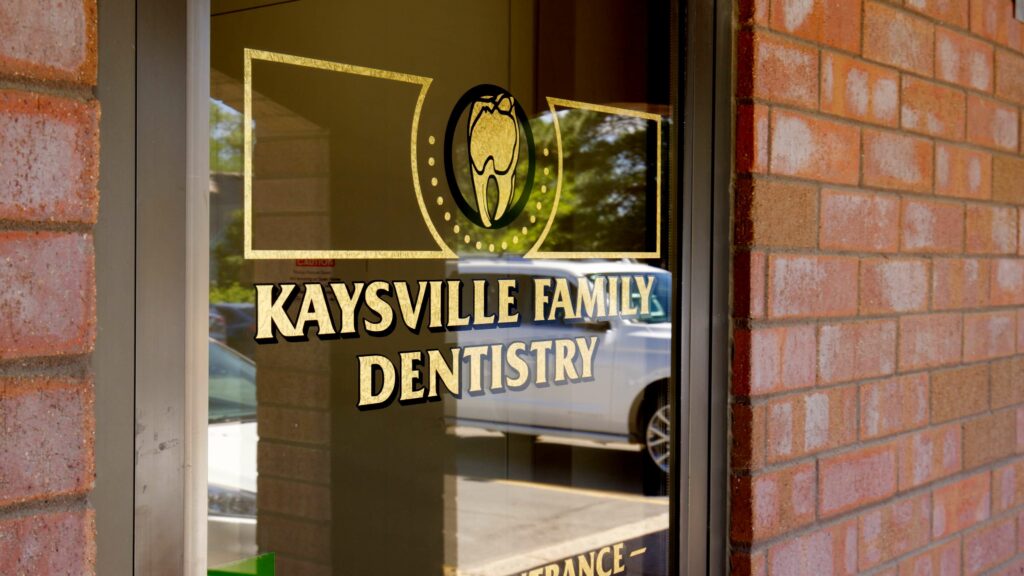Patients who have healthy, straight teeth may be confused by the concept of using a partial denture for one missing tooth — especially when the word “denture” is used in the context of a younger or middle-aged patient. However, choosing a partial denture to close a gap in the teeth can be more straightforward and at times easier than undergoing an implant. There are situations in which an implant is not the correct choice for the patient in question. A licensed dentist can help you determine whether a partial denture or a dental implant is the right choice for replacing a missing tooth.
What is a partial denture for one missing tooth?
According to WebMD, partial dentures are increasingly common among dental patients who do not wish to undergo an implant procedure. A partial denture is removable, which means that it may be taken out, cleaned, and repaired as needed. While this device is easier to place, it typically will not last as long and may need to be replaced eventually as it wears down or starts to fit incorrectly.
An implant, on the other hand, is a fixed artificial tooth that is attached by a titanium rod that is placed in the jawbone. Implants are ideal for many patients who have overall healthy teeth, gums, and jaws, but these artificial teeth may be more expensive than partial dentures. Depending on the patient’s preferences, either option may be a good choice for replacing one missing tooth.
When would a dentist recommend placing a partial denture over receiving an implant?
Both partial dentures and implants help patients chew food, speak, and support the muscles in the face. These devices may also boost patients’ confidence when a gap, or a missing tooth that bothers a patient, is fixed. Because every patient has a unique dental history, scheduling an appointment with a dentist before choosing a partial denture or an implant is a good idea. The dentist may recommend a partial denture for one missing tooth in the following situations:
- The patient has a health condition, such as bone loss in the jawbone, that makes placing an implant risky or impossible
- The patient is older and does not wish to undergo an invasive procedure to place the implant
- The patient has more time to care for a removable device
Partial dentures are great options for many patients, but these devices often need to be cared for with more precision and might need to be replaced or refitted after wearing them for years. Implants, on the other hand, may last for decades if cared for properly and often do not require as much maintenance.
Conclusion
Partial dentures and implants both have advantages and disadvantages, and both can replace a missing tooth to restore the health and appearance of a patient’s smile. A patient may additionally wish to receive a partial denture for one missing tooth while weighing treatment options and deciding whether or not to proceed with an implant in the future. Call a dental provider today to determine whether a partial denture or an implant is the right choice.
Request an appointment here: https://www.kaysvillefamilydentistry.com or call Kaysville Family Dentistry at (801) 546-2439 for an appointment in our Kaysville office.
Check out what others are saying about our dental services on Yelp: Partial Denture for One Missing Tooth in Kaysville, UT.

